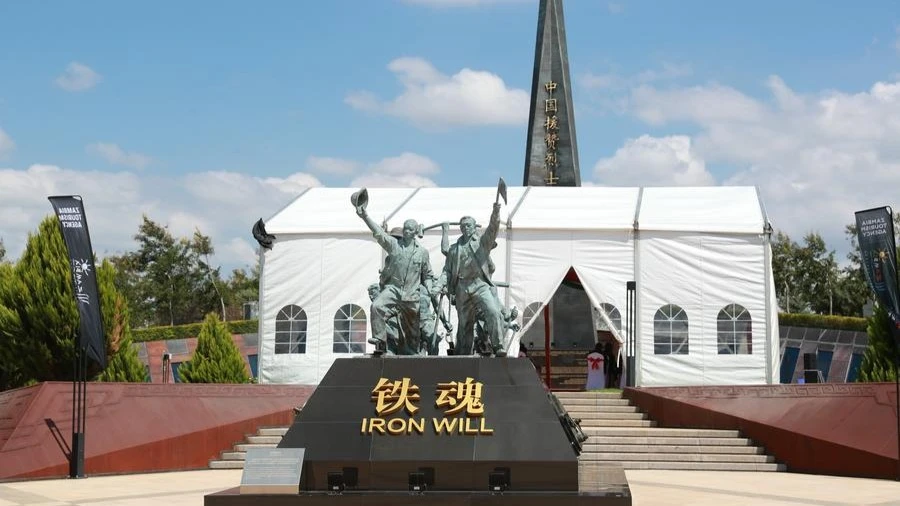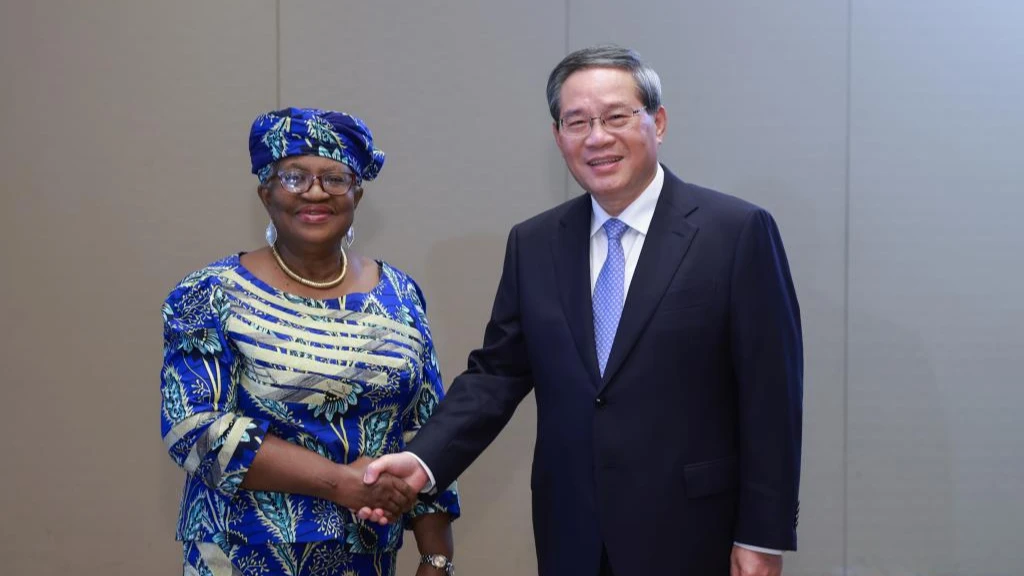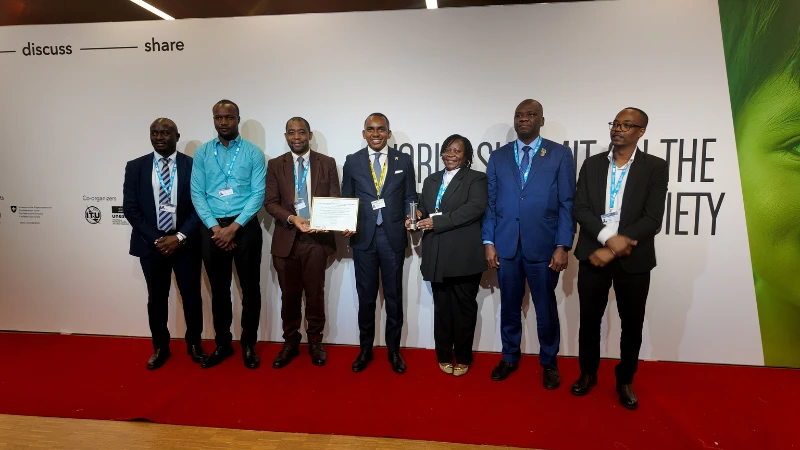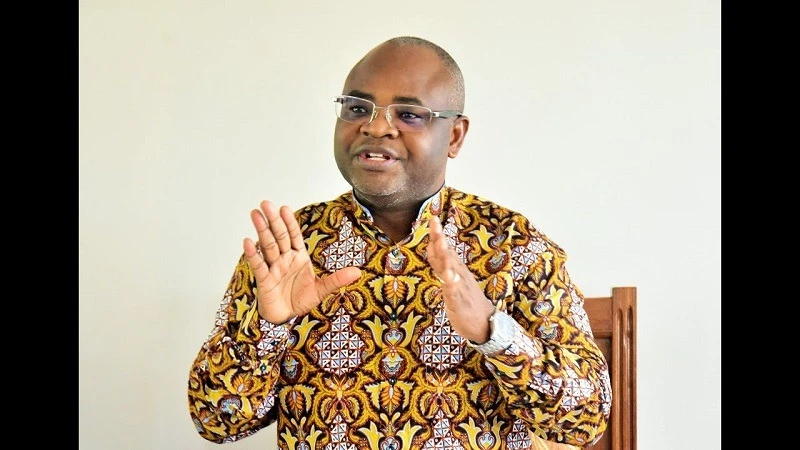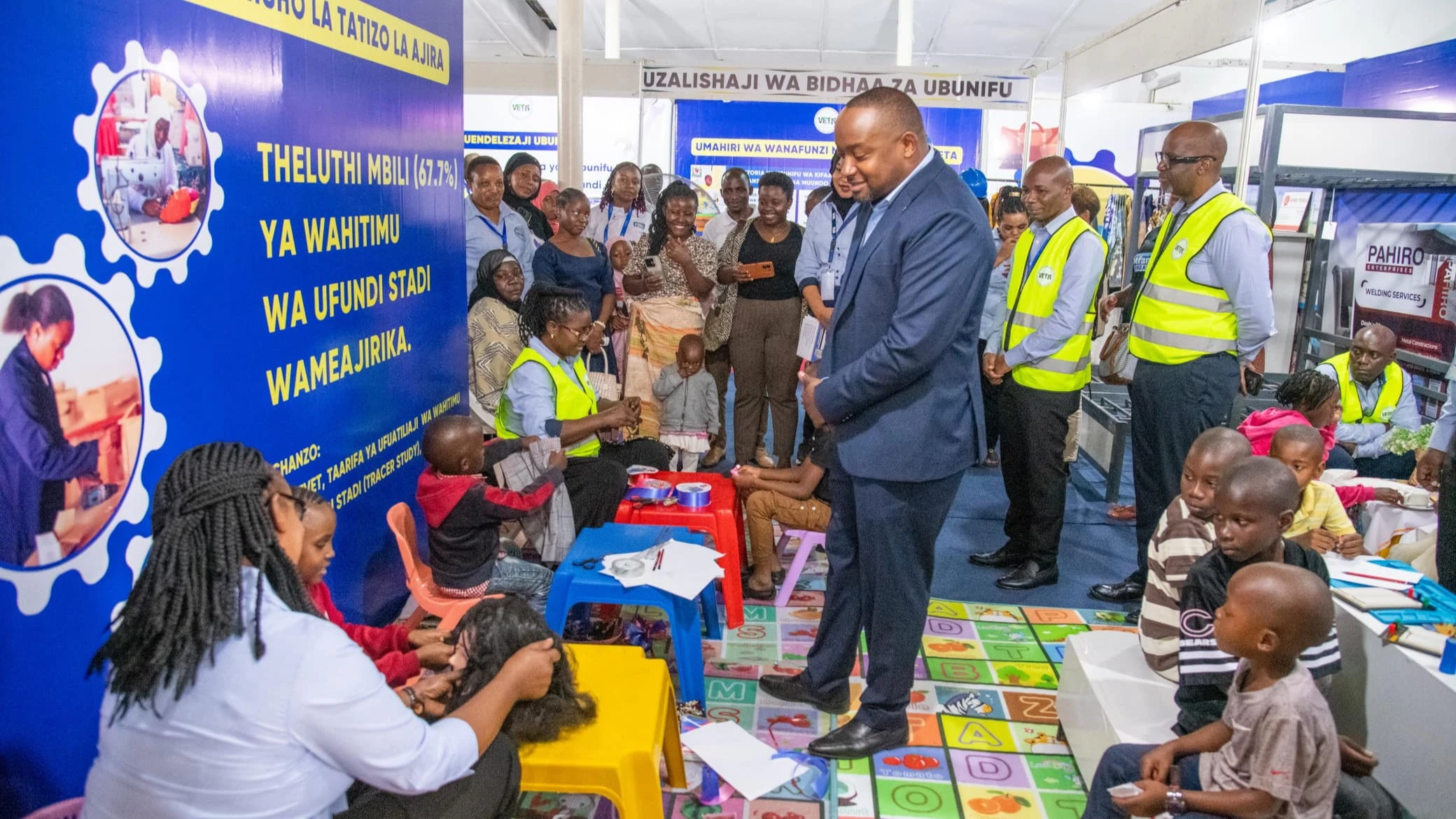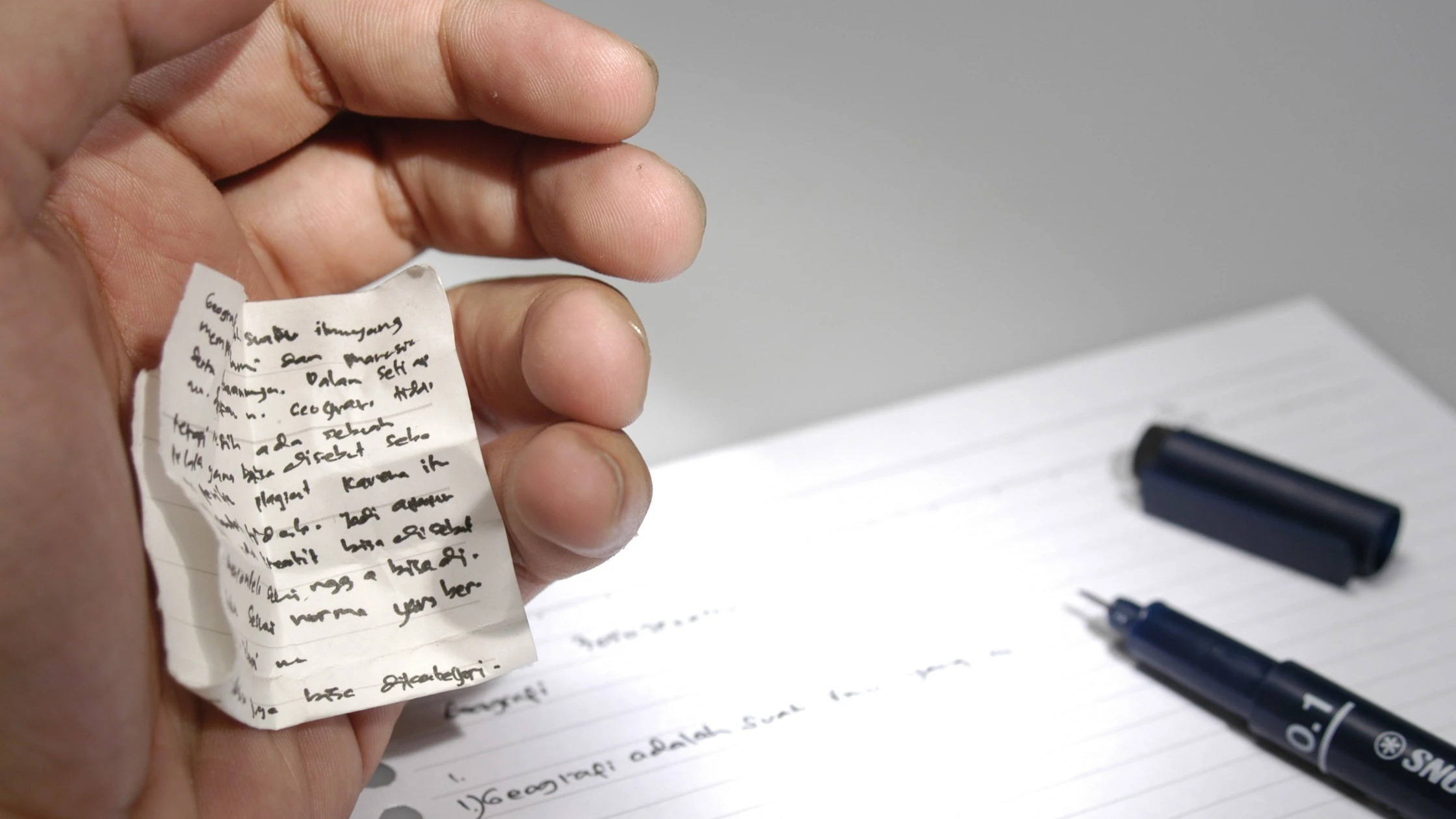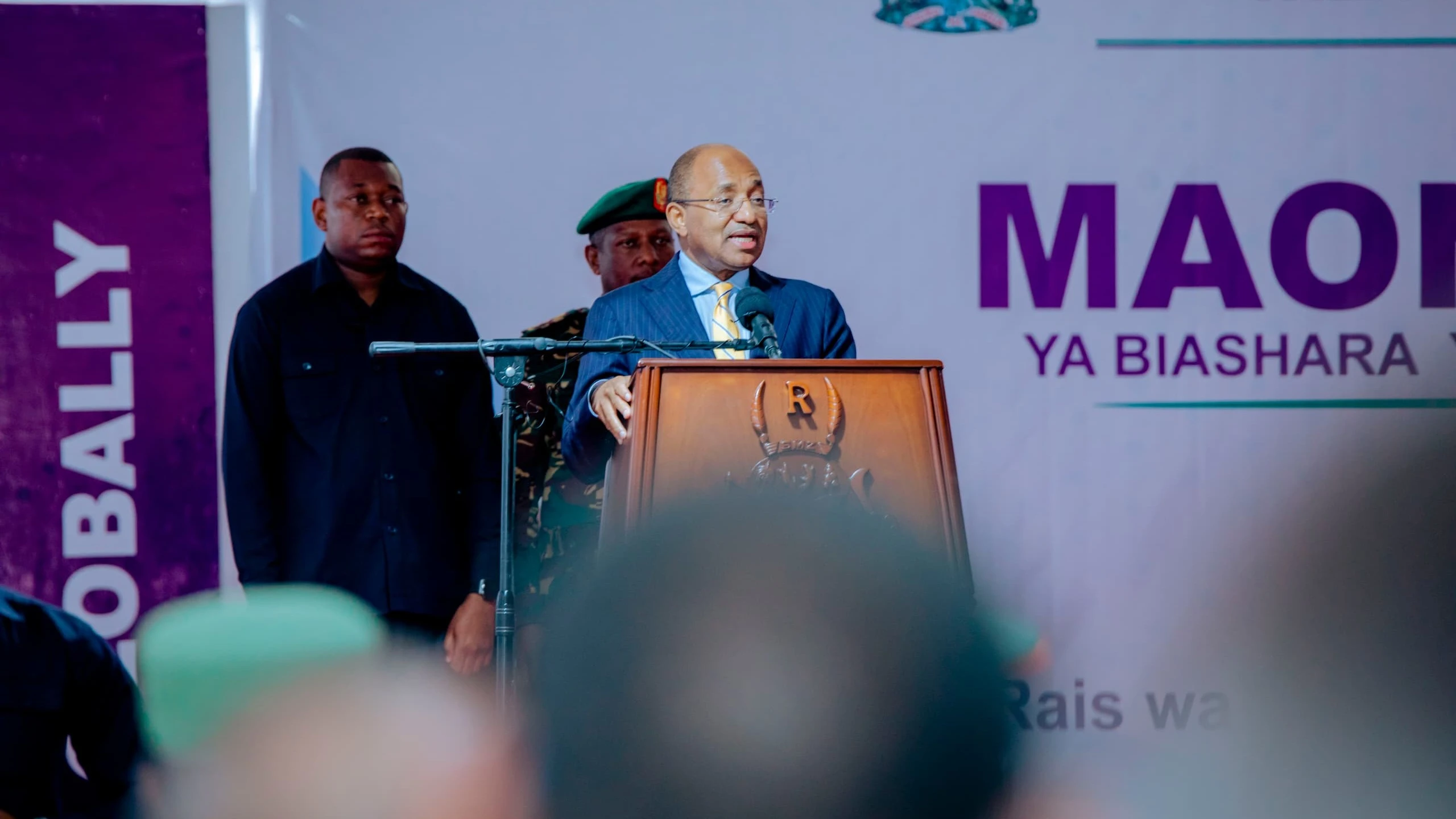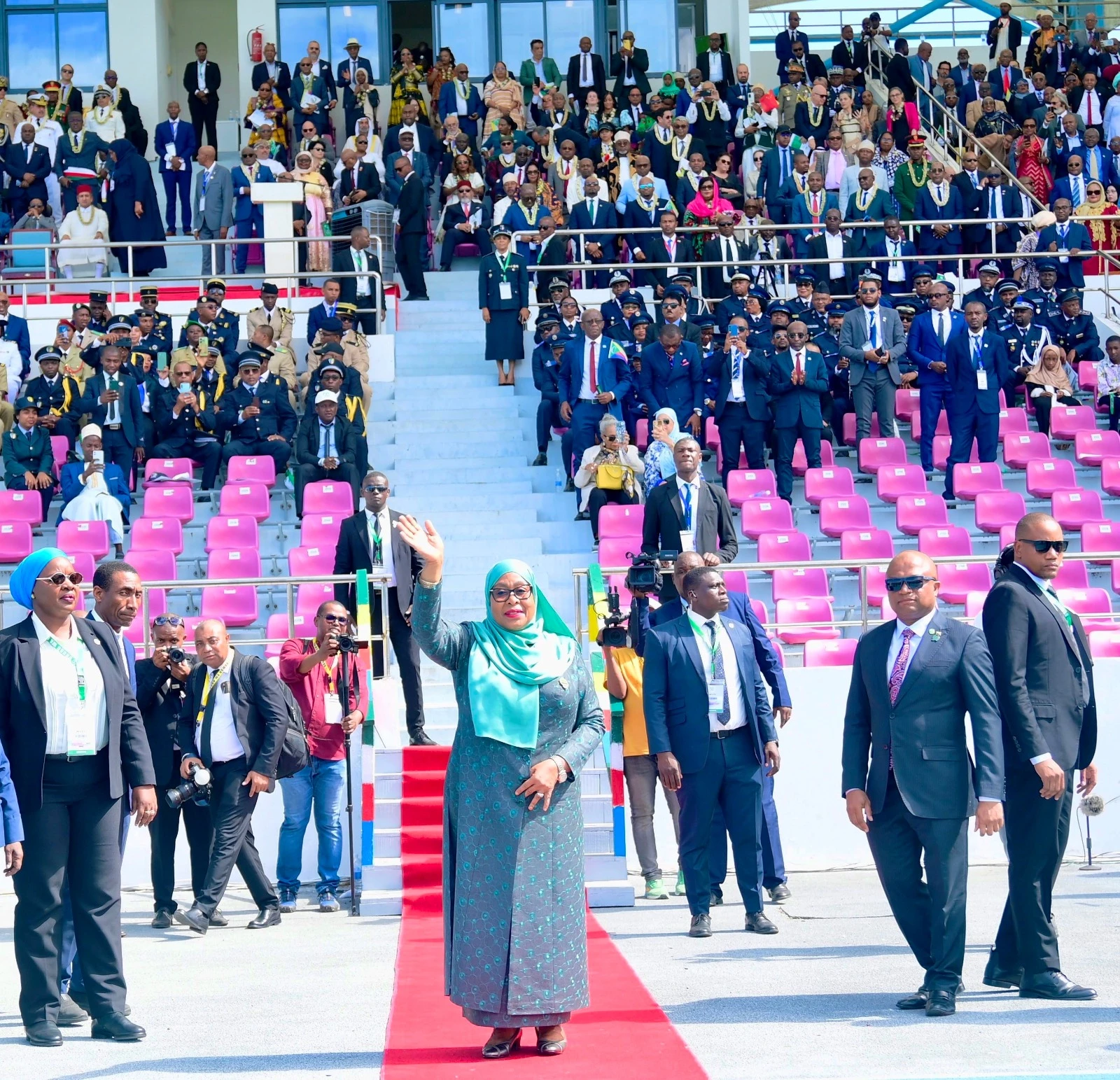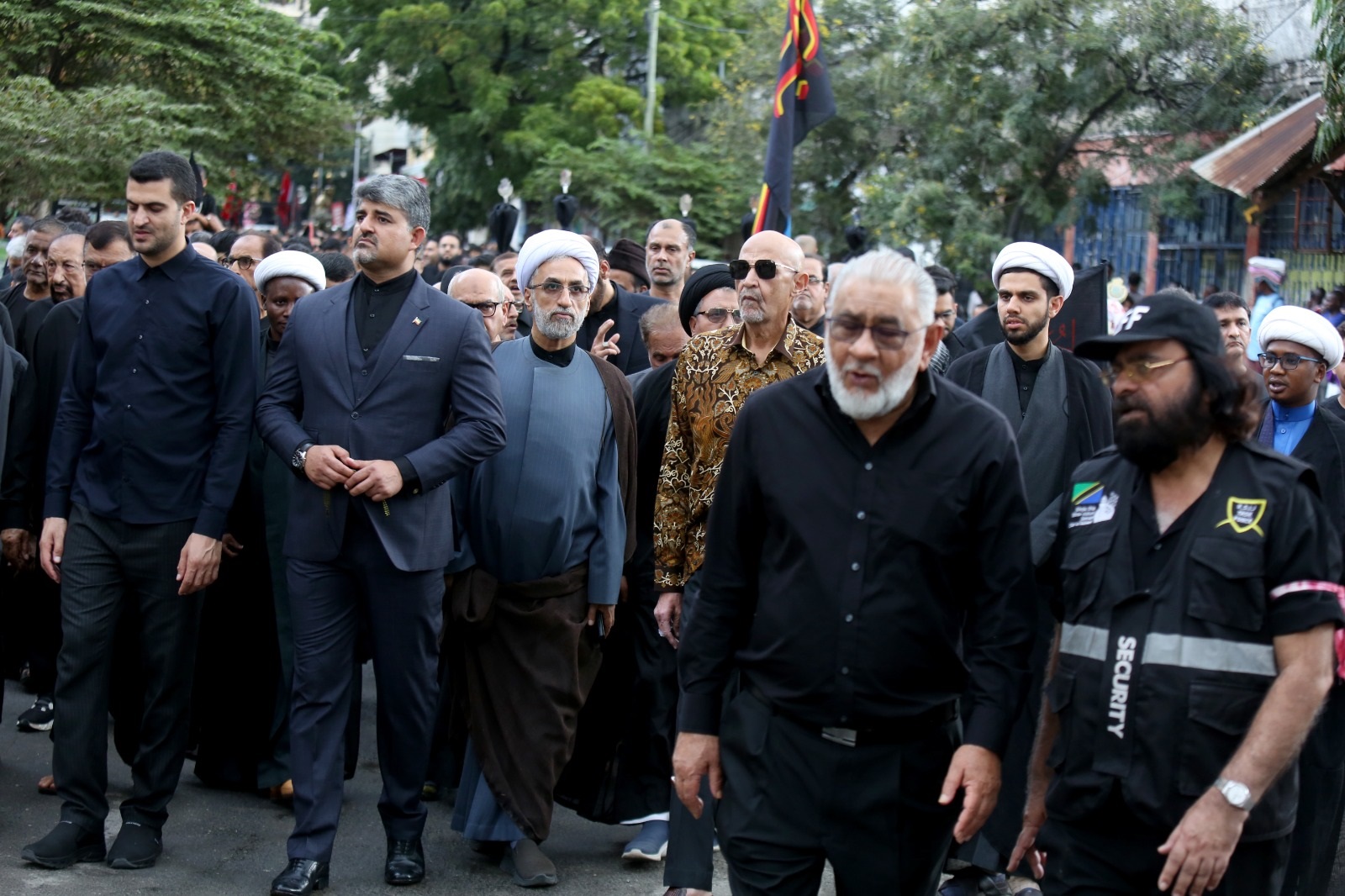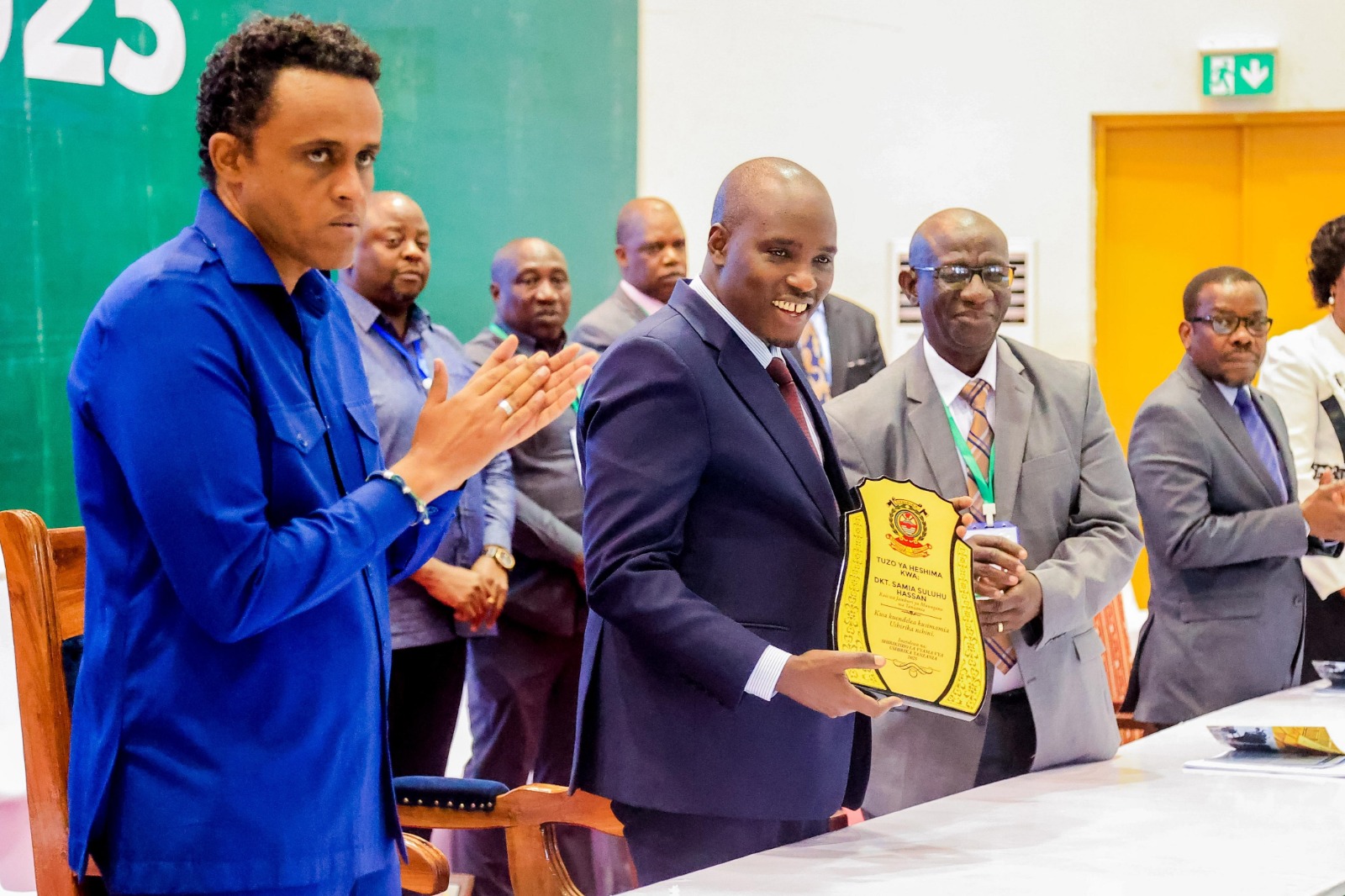Attorney General’s Office preparing inclusive legal framework for AI use

THE government is developing a comprehensive and inclusive legal framework for artificial intelligence (AI), a top official has affirmed.
Onorius Njole, the chief parliamentary draftsman, made these remarks when interacting with visitors over the weekend at the law drafting office that has a slot within the Constitutional and Legal Affairs ministerial pavilion at the ongoing 49th Dar es Salaam International Trade Fair (DITF).
The legal framework will reflect the interests and needs of all segments of society, he said, in a move that analysts say shows the government's proactive approach to regulating emerging technologies.
The draftsman engaged with various stakeholders, explaining that in collaboration with key partners, the office is currently reviewing global trends and domestic requirements in that sphere, to determine the most appropriate legal mechanisms for governing the use of AI.
The overarching goals to ensure AI is utilized productively and ethically to drive national development, while simultaneously safeguarding citizens and institutions from potential misuse or disruption, he elaborated.
"Artificial Intelligence is a transformative force. It offers immense potential to revolutionize sectors such as education, health, agriculture, finance and governance," he further stated, insisting that “we must also recognize its risks. That’s why it is essential to put in place a strong legal framework."
The upcoming legal and policy frameworks for AI will not be imposed top down but designed with broad public engagement. "When the time comes, we will ensure that this legal structure is developed transparently and collaboratively,” he said, pointing at civil society, technologists, businesses, academia and other professional groups as liable to be consulted.
"Together, we will define what kind of AI systems are suitable in this context, how they should be deployed and for what purposes—to truly benefit Tanzanians,” he stated
He similarly referred to expected accessibility of the first-ever edition of Tanzanian laws translated into Kiswahili by late next month.
“This initiative fulfills a directive issued by President Samia Suluhu Hassan, who has called for increased access to legal information in the widely understood language.
"The president has emphasized that laws must not only exist but be accessible and understandable to the ordinary citizen. Translating them into Kiswahili removes a major barrier and will improve legal literacy across the country,” the draftsman suggested.
He also highlighted ongoing legislative reforms, including a major law revision project involving consolidating and updating national laws, many of which had undergone multiple amendments but lacked proper harmonization.
"This is a milestone in legal reform,” he said. “We have collected and revised all the laws of the country, integrating years of amendments. These updated volumes will be a reliable reference for the judiciary, law enforcers, legal professionals and the general public.” he declared.
For the first time, citizens will also be able to access the revised laws digitally via the management information system in the Office of the Attorney General, he stated, pointing at auxiliary work by local publishers to complete the publication effort.
Rehema Katuga, his immediate assistant, confirmed that the revised volumes, effective from July 1, 2025 officially superseded all previous editions. These initiatives are part of a broader agenda to modernize Tanzania’s legal sector and enhance its responsiveness to present and future challenges, she stated.
“The legal landscape must evolve with society. These updates mark a new chapter for Tanzanian law, making it more reflective of today’s realities and better equipped to support tomorrow’s opportunities,” she added.
Top Headlines
© 2025 IPPMEDIA.COM. ALL RIGHTS RESERVED








